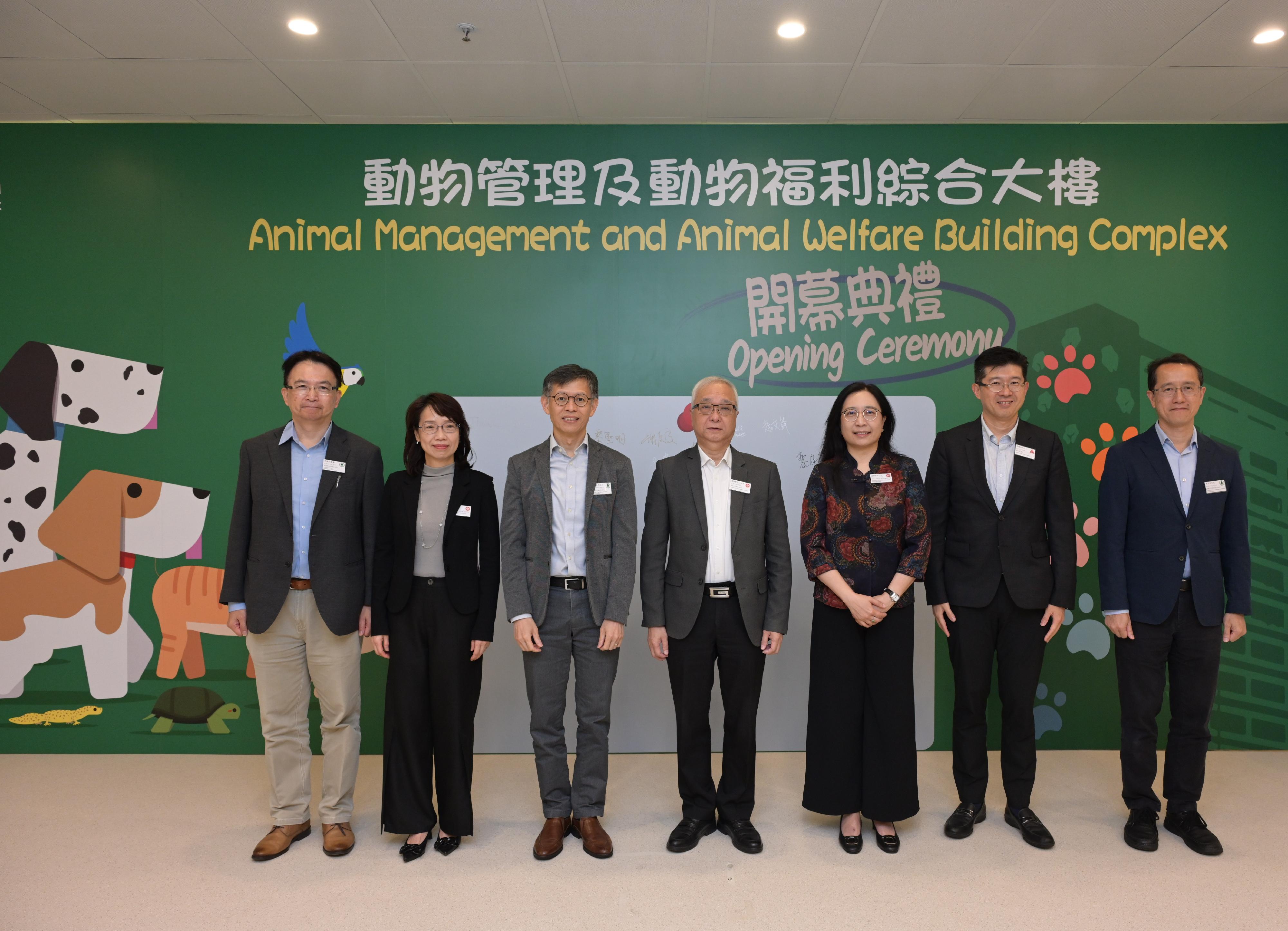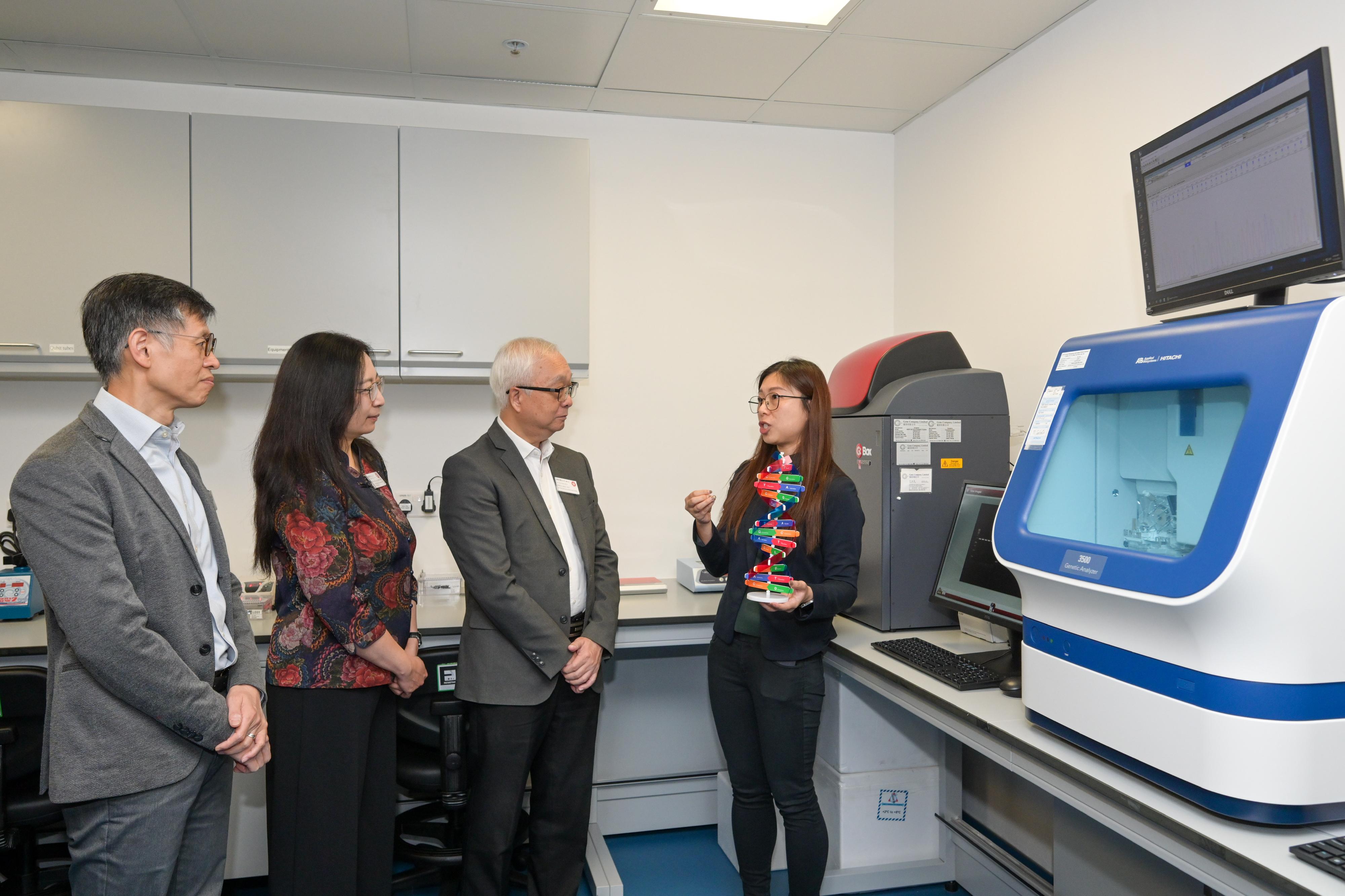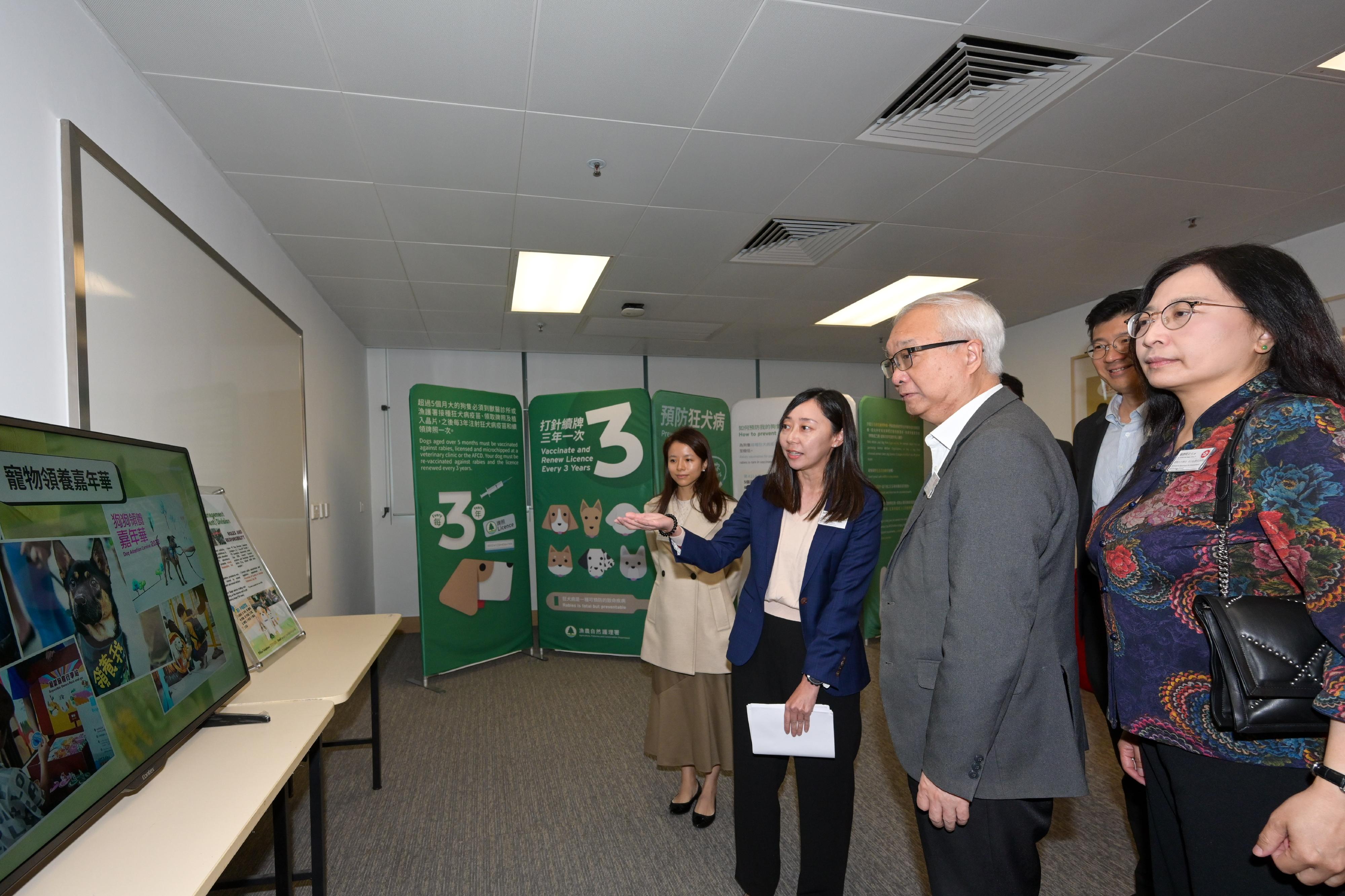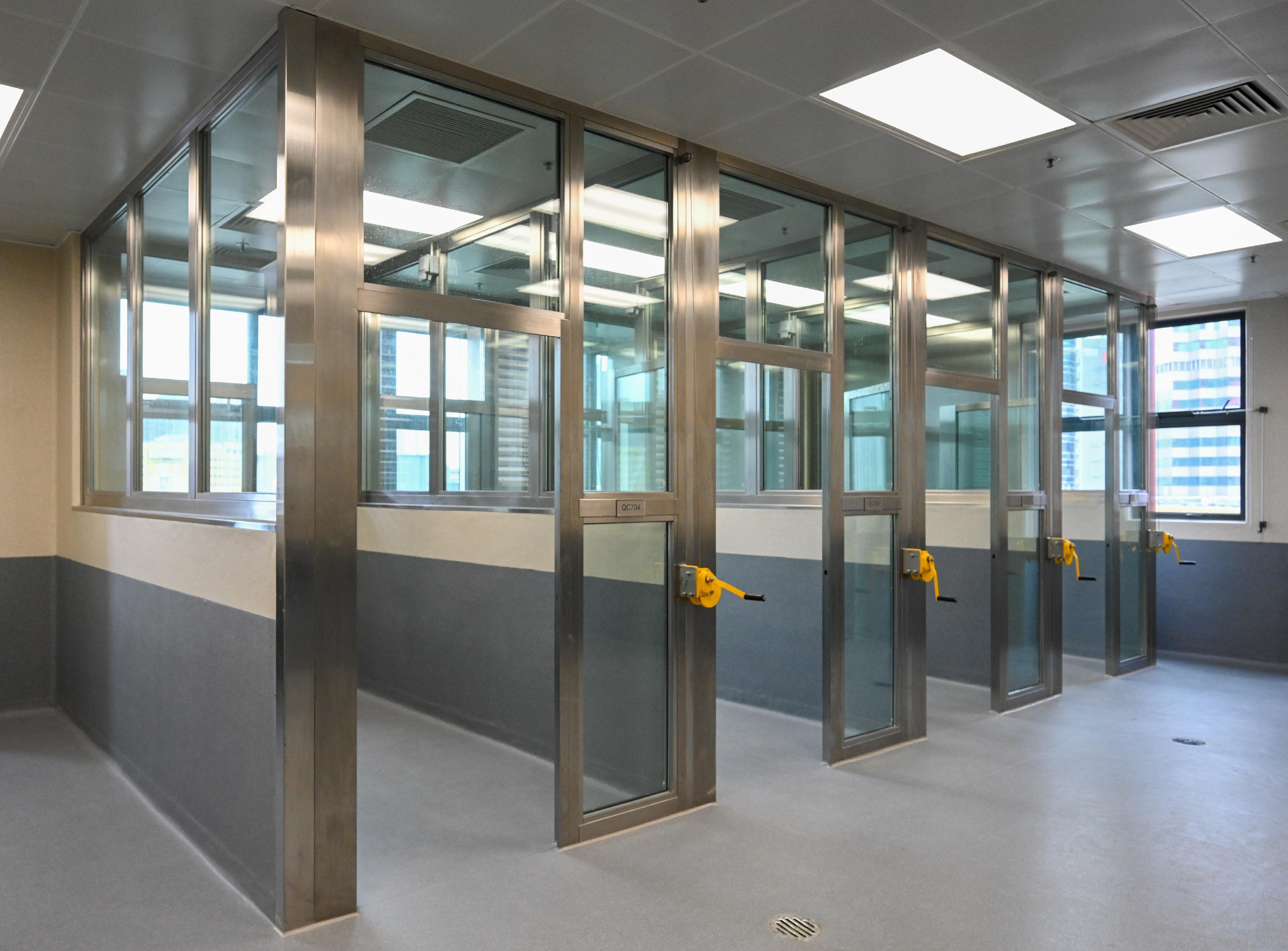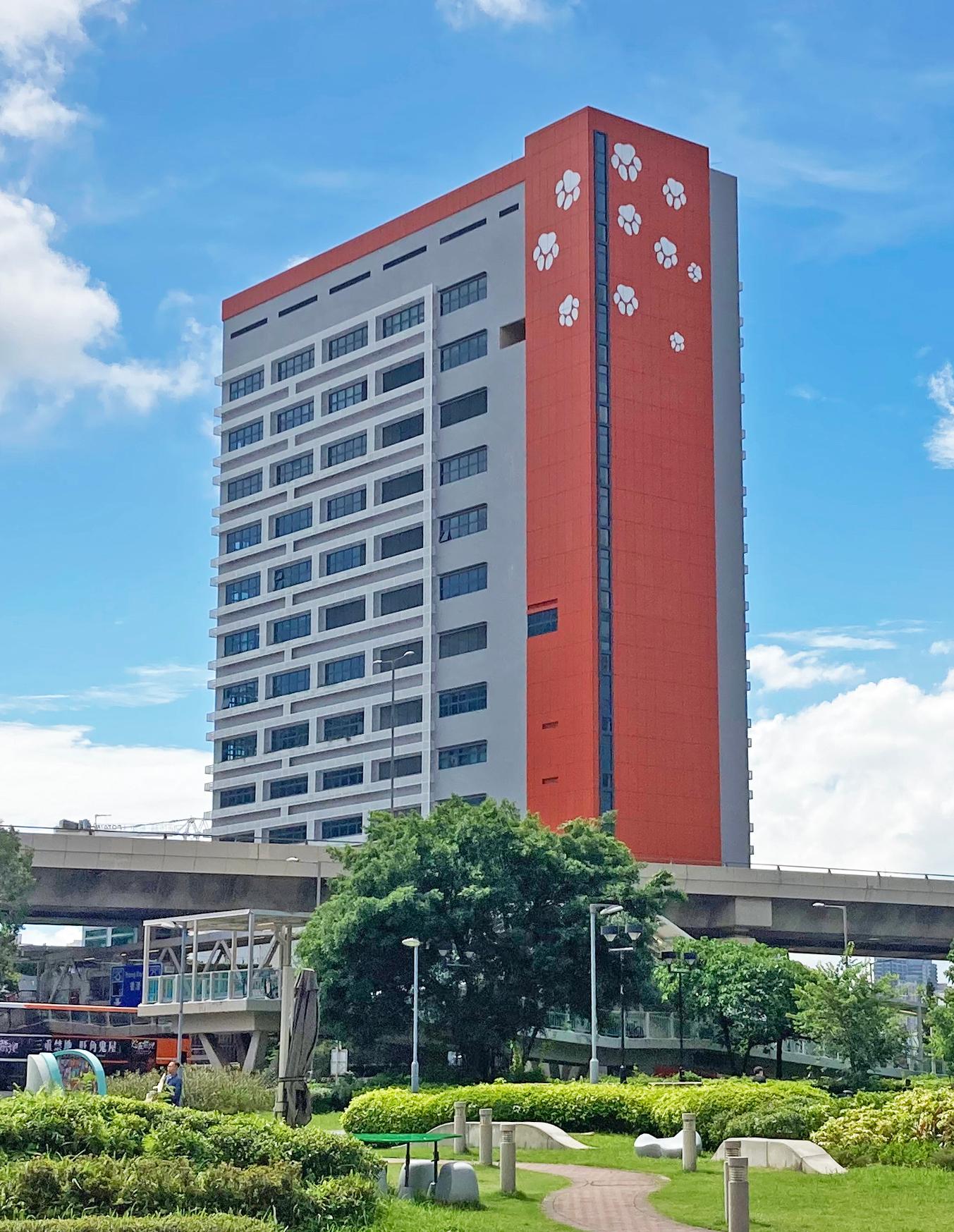The Census and Statistics Department (C&SD) released today (November 21) the Consumer Price Index (CPI) figures for October 2024. According to the Composite CPI, overall consumer prices rose by 1.4% in October 2024 over the same month a year earlier, smaller than the corresponding increase (2.2%) in September 2024. The smaller increase in October 2024 was mainly due to the dissipation in this month of the low base effect arising from the rates concession and the waiver of the extra public housing rent payable in the third quarter of 2023 (i.e. from July to September). Netting out the effects of all Government's one-off relief measures, the year-on-year rate of increase in the Composite CPI (i.e. the underlying inflation rate) in October 2024 was 1.2%, larger than that in September 2024 (0.9%). The larger increase in October 2024 was mainly due to the upward adjustment in public housing rentals.
On a seasonally adjusted basis, the average monthly rate of increase in the Composite CPI for the 3-month period ending October 2024 was 0.1%, and that for the 3-month period ending September 2024 was 0.4%. Netting out the effects of all Government's one-off relief measures, the corresponding rates of increase were 0.2% and 0.1%.
Analysed by sub-index, the year-on-year rates of increase in the CPI(A), CPI(B) and CPI(C) were 1.6%, 1.3% and 1.2% respectively in October 2024, as compared to 2.9%, 2.0% and 1.6% respectively in September 2024. Netting out the effects of all Government's one-off relief measures, the year-on-year rates of increase in the CPI(A), CPI(B) and CPI(C) were 1.5%, 1.1% and 1.1% respectively in October 2024, as compared to 0.9%, 0.9% and 1.0% respectively in September 2024.
On a seasonally adjusted basis, for the 3-month period ending October 2024, the average monthly rates of increase in the CPI(A), CPI(B) and CPI(C) were all 0.1%. The corresponding rates of increase for the 3-month period ending September 2024 were 0.5%, 0.4% and 0.3% respectively. Netting out the effects of all Government's one-off relief measures, the average monthly rates of increase in the seasonally adjusted CPI(A), CPI(B) and CPI(C) for the 3-month period ending October 2024 were 0.2%, 0.1% and 0.1% respectively, and the corresponding rates of increase for the 3-month period ending September 2024 were all 0.1%.
Amongst the various components of the Composite CPI, year-on-year increases in prices were recorded in October 2024 for alcoholic drinks and tobacco (21.8%), electricity, gas and water (8.5%), miscellaneous services (1.9%), meals out and takeaway food (1.7%), miscellaneous goods (1.6%), transport (1.6%), and housing (1.0%).
On the other hand, year-on-year decreases in the components of the Composite CPI were recorded in October 2024 for clothing and footwear (-1.4%), durable goods (-0.7%), and basic food (-0.5%).
Taking the first 10 months of 2024 together, the Composite CPI rose by 1.8% over a year earlier. The respective increases in the CPI(A), CPI(B) and CPI(C) were 2.2%, 1.7% and 1.6% respectively. The corresponding increases after netting out the effects of all Government's one-off relief measures were 1.0%, 0.9%, 1.1% and 1.2% respectively.
For the 3 months ending October 2024, the Composite CPI rose by 2.0% over a year earlier, while the CPI(A), CPI(B) and CPI(C) rose by 2.6%, 1.8% and 1.6% respectively. The corresponding increases after netting out the effects of all Government's one-off relief measures were 1.1%, 1.2%, 1.1% and 1.1% respectively.
For the 12 months ending October 2024, the Composite CPI was on average 1.9% higher than that in the preceding 12-month period. The respective increases in the CPI(A), CPI(B) and CPI(C) were 2.3%, 1.8% and 1.7% respectively. The corresponding increases after netting out the effects of all Government's one-off relief measures were 1.1%, 1.0%, 1.1% and 1.3% respectively.
Commentary
A Government spokesman said that underlying consumer price inflation stayed modest in October. Food prices continued to record mild year-on-year increases, while the rate of decline of prices of energy-related items narrowed further. Price pressures on other major components remained broadly in check.
Looking ahead, overall inflation should stay mild in the near term. Domestic cost may see some mild upward pressures as the Hong Kong economy continues to grow. External price pressures should ease further, though uncertainties from the external environment remain. The Government will continue to monitor the situation.
Further information
The CPIs and year-on-year rates of change at section level for October 2024 are shown in Table 1. The time series on the year-on-year rates of change in the CPIs before and after netting out the effects of all Government's one-off relief measures are shown in Table 2. For discerning the latest trend in consumer prices, it is also useful to look at the changes in the seasonally adjusted CPIs. The time series on the average monthly rates of change during the latest 3 months for the seasonally adjusted CPIs are shown in Table 3. The rates of change in the original and the seasonally adjusted Composite CPI and the underlying inflation rate are presented graphically in Chart 1.
More detailed statistics are given in the "Monthly Report on the Consumer Price Index". Users can browse and download this publication at the website of the C&SD (www.censtatd.gov.hk/en/EIndexbySubject.html?pcode=B1060001&scode=270).
For enquiries about the CPIs, please contact the Consumer Price Index Section of the C&SD (Tel: 3903 7374 or email: cpi@censtatd.gov.hk).
